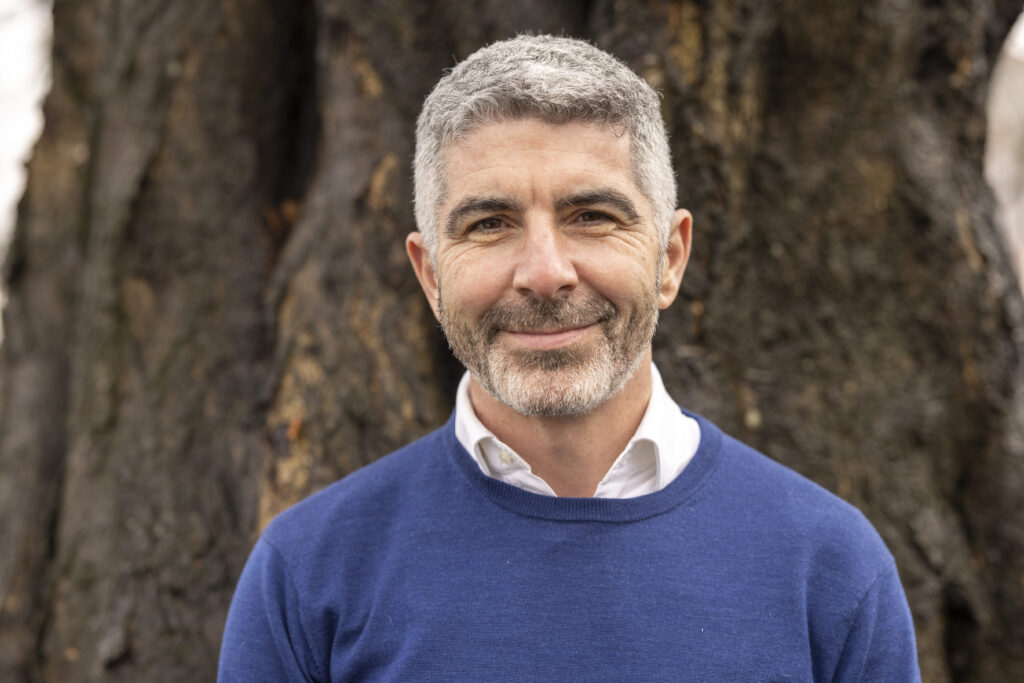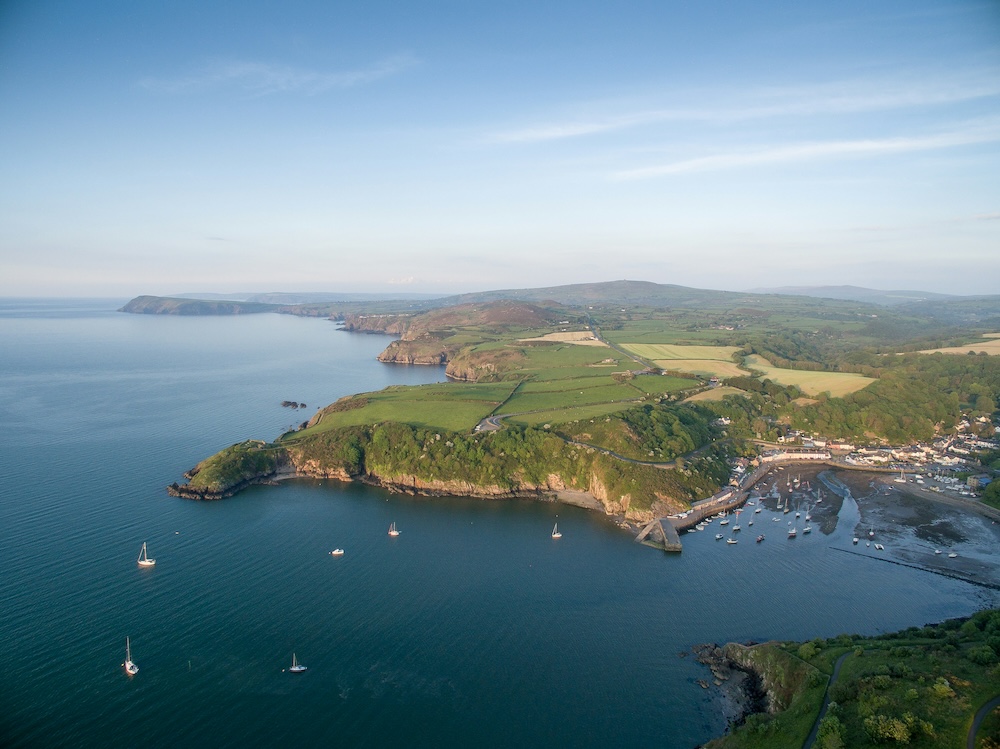Derek Walker, Future Generations Commissioner for Wales, outlines his latest strategy, Cymru Can, and explains what needs to be done for Wales to achieve its renewable targets.
Wales has many of the solutions to shift to green energy, save us on bills and create jobs, but our national grid capacity is holding us back.
We have to act now to re-wire the system and meet our net zero goals.
The climate and nature emergencies are the defining challenges of our generation, and our collective response will determine the future for those who come next.
Yet, outdated systems, short-term fixes, and infrastructure barriers like the national grid, are preventing progress.
There’s some good news. Cymru is the only country in the world with a Well-being of Future Generations Act – which means we have a legal obligation to do things differently.
As Future Generations Commissioner for Wales, it’s my role to hold public bodies including Welsh Government to account, ensuring they’re protecting the interests of people not yet born as they use joined-up solutions for urgent issues like the climate emergency.
I’ve just published Cymru Can – the priorities for my term and a call to action to use our well-being goals to increase the pace of positive change so we all live better lives and leave behind a liveable planet.
Our new strategy prioritises making sure this law works harder, with a mission to challenge and support Welsh public bodies to achieve a net zero and nature positive Wales by 2030.
This week sees the start of climate conference COP 28 in Dubai, but I’ve decided not to attend.
The climate and nature emergencies are the defining challenges of our generation, and our collective response will determine the future for those who come next. Yet, outdated systems, short-term fixes, and infrastructure barriers like the national grid, are preventing progress.
While valuing our work to maintain the international links that allow us to work together to tackle the climate and nature emergencies and transition to a well-being economy, I’m also making careful and carbon-conscious decisions on when to use air travel and my resources.
Wales Climate Week, starting December 4, will examine the disproportionate impacts of climate change on different people, groups and places and my team and I will be there, exploring public bodies’ role in tackling climate change, the connection between culture and climate, and learning from international examples.
Our well-being law is praised globally, and we can use that responsibility to power us to go faster at home, while acting for the long-term, as is required by the legislation.
We must move faster if we’re to make the necessary targets to switch energy use to renewables.
Cymru has a target of 70% electricity consumption from renewable energy by 2030 with 1GW of renewables locally owned. (That’s the equivalent of more than 10 million lightbulbs.) In 2022, 59% of the energy consumed in Wales came from renewables.
Change will affect us all but benefit us, too. Fuelling our homes and vehicles will increasingly go electric. National Grid says there could be as many as 36 million electric vehicles (EVs) on UK roads by 2040, double the number expected even last year.
Discussions and debates that drive Wales forward.
Join Wales’ leading independent think tank.
Yet, the UK Committee on Climate Change and the Senedd’s Climate Change, Environment and Infrastructure Committee both say we’re too slow rolling out the infrastructure in Wales.
The grid is unsuitable to support the decarbonisation of heat and transport, say the Welsh Affairs Committee; and the National Infrastructure Commission for Wales found current arrangements are insufficient, saying “a shift is needed for grid planning to consider the needs of Wales and be strategically developed with a long-term view”.
Uncertainty over whether grid connections will be provided have also led to speculative applications, with the first developer-pays rule providing little incentive for developers to proceed, thus holding up the queue and making it virtually impossible for community projects to go ahead, especially in rural parts of Wales.
It’s positive that Ofgem is making moves to reform the process, which is much needed, so stalled projects can stop getting in the way of green energy ready to go. Long-term approaches to ensuring the grid can grow at the pace needed requires planning ahead and being proactive, and public bodies and Public Services Boards have to involve communities, businesses and other organisations.
Cymru Can unlock a Wales which finds more area-based solutions to decarbonising and meeting energy needs.
Cymru is the only country in the world with a Well-being of Future Generations Act – which means we have a legal obligation to do things differently.
For example, there is scope for more community-owned, smaller-scale renewable energy schemes like Awel Aman Tawe in Carmarthenshire that contribute to our climate targets while also generating much needed investment for local areas.
In Swansea, Morriston Hospital is being powered by its own fields of solar panels 3km down the road, sometimes generating 100% of its daily energy needs, and Ynys Mon County Council and Welsh Government are supporting Menter Mon’s Morlais tidal energy project, said to be the only one of its kind in the world.
Bridgend County Borough Council is exploring heat from mine water and Cardiff City Council is heating buildings using excess industrial heat. Around 18% of UK heat, according to the Climate Change Committee estimate, could come from district heating schemes like these by 2050.
As I move into the delivery phase of Cymru Can, over the next few months I’ll be sharing the
We know the solutions are out there, and we can re-wire the system to benefit everyone in Cymru, as we help people drive down their energy bills, create jobs and meet our net zero goals.
Cymru Can solve our green energy challenge. What are we waiting for?
All articles published on the welsh agenda are subject to IWA’s disclaimer. If you want to support our work tackling Wales’ key challenges, consider becoming a member.





